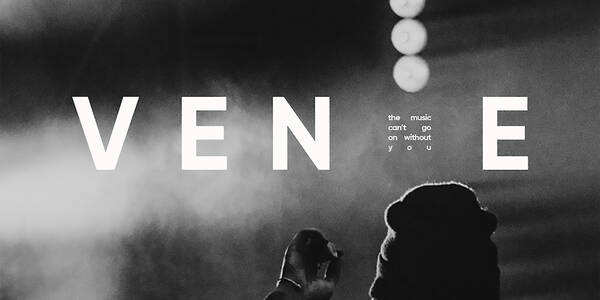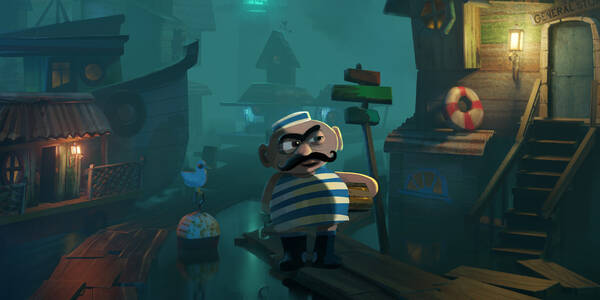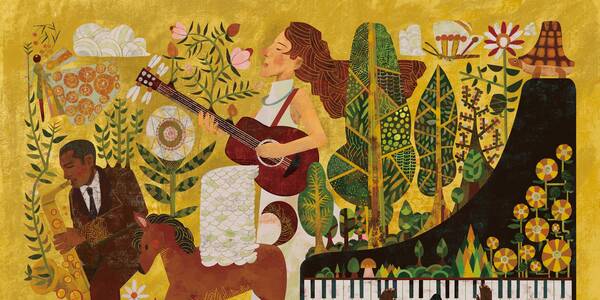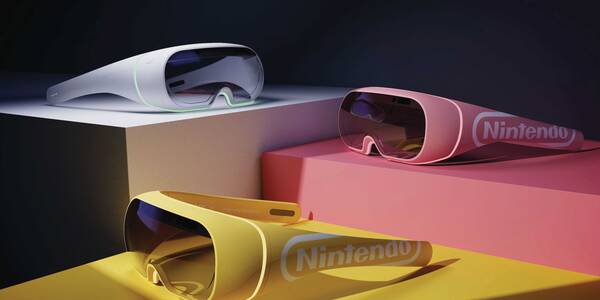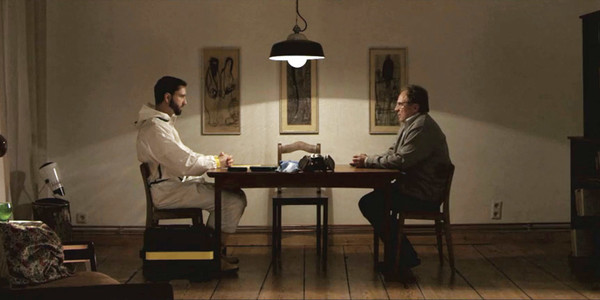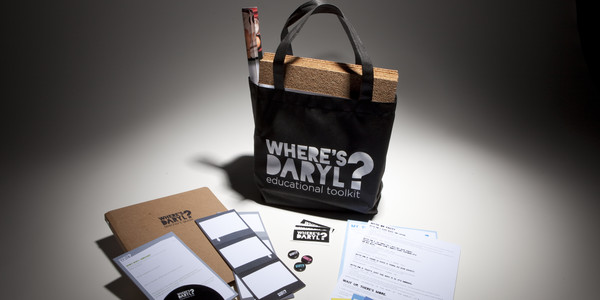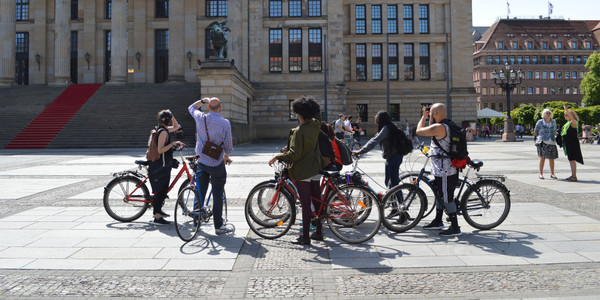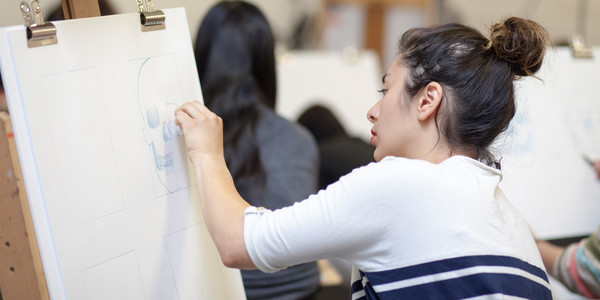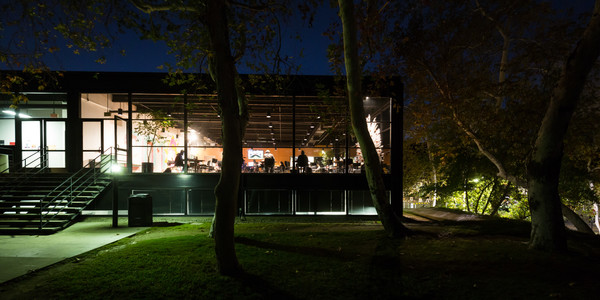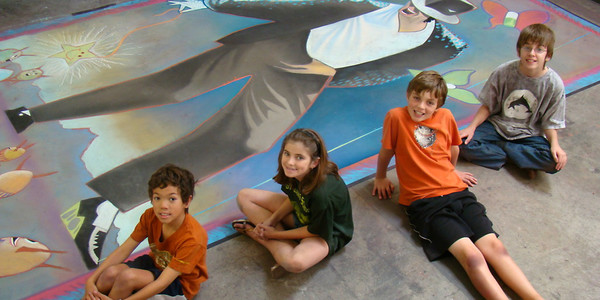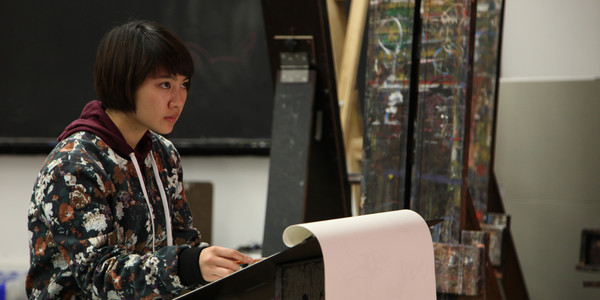
Academics at ArtCenter
At ArtCenter, we’re not anticipating the future. We’re creating it.
ArtCenter students go beyond aesthetics and technical expertise to think critically, intelligently and humanely about their practice and its effects on others. Our undergraduate, graduate and Public Programs—all remarkably diverse in their areas of emphasis, methods of teaching and curricula—stress this core sensibility while pushing students to create meaningful work.
Your creative journey starts here.
Interested in learning more?
Undergraduate Programs
ArtCenter offers 11 undergraduate degrees equipping students with the latest tools and techniques necessary to thrive in today’s creative landscape.
Graduate Programs
Art and design for a changing world: ArtCenter’s graduate programs prepare the creative leaders of the future.
Interdisciplinary Programs
ArtCenter offers more than an exemplary art and design education. It provides the building blocks for a rich and meaningful life.
ArtCenter Extension
Serving as a gateway to our degree programs, ArtCenter Extension provides access to exceptional instruction, facilities and networking opportunities.

Why ArtCenter
If you're looking to pursue a creative path but not sure where to start, you’re in the right place.
Student Work
Campus Life

After ArtCenter
Gain the rich, intercultural and hands-on making experience needed to turn your passion into your profession in today’s thriving creative economy.

